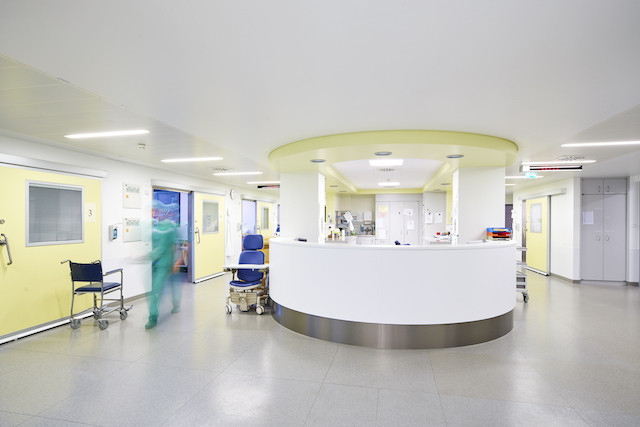According to recent OECD figures, Luxembourg provides three doctors per 1,000 inhabitants--a figure on par with Britain. Despite this, the Grand Duchy stands a greater chance to overcome the challenge.
At present, Luxembourg could lose 20% of its doctors within five years. This shortage stems from an imbalance of high retirement rates coupled with a lack of influx of new doctors. To tackle this, the government plans to incentivise foreign doctors financially. What is more insightful is the focus placed on retaining doctors from a young age as opposed to risking losing them abroad.
As Etienne Schneider highlights, emphasis will be placed on investing in medical schools and shadowing, as currently 30% of those who leave to pursue their education abroad do not return. The aim is not to mismanage healthcare by cutting costs or compromising care, but to improve its quality for patients without jeopardising working conditions. With Luxembourg’s current infrastructure ill-adapted for a growing population, goals have been set for new hospitals and MRI service expansion.
The NHS 10-year plan relies on a brain drain from non-EU countries to bolster the NHS, tackle the new Brexit migration quotas and fill the 100,000 vacant doctor posts in the UK.
Though the number of applicants to medical schools remains high, training positions are limited, with few senior doctors willing to retire. The health secretary vowed an impossible 25% increase in the number of medical school places last year, yet the UK is still struggling to invest in education.
The NHS was never self-sufficient and imported almost 50% of its required doctors, but the unprecedently low morale amongst doctors today is driving many to abandon their posts for better prospects abroad. In the advent of Brexit, the number of EU applicants has reduced, while relocation packages fail to retain enough staff to keep the system afloat. Along with the Medical Training Initiative these ambitious measures can only be perceived as a quick fix, designed to delay the inevitable.
Luxembourg proposes an actionable plan for the country’s size and predicted population growth. It empathises with the needs of both its citizens and doctors in a crisis of shortage. The plaster patch the UK is applying cannot heal the gaping wound of the NHS. Perhaps what is needed is an entire system overhaul, as attracting the right calibre of doctors is easier to manage than is a deficit of resources.
Dr Lilani Abeywickrama is a London-based ophthalmologist soon transferring back to her home in Luxembourg. Her main interest is advocating healthy living and precision technology within her specialty.
